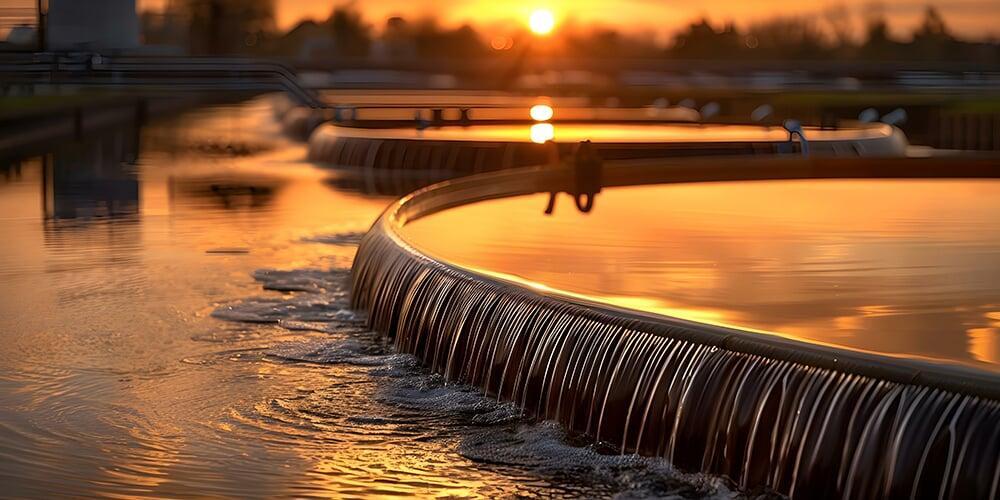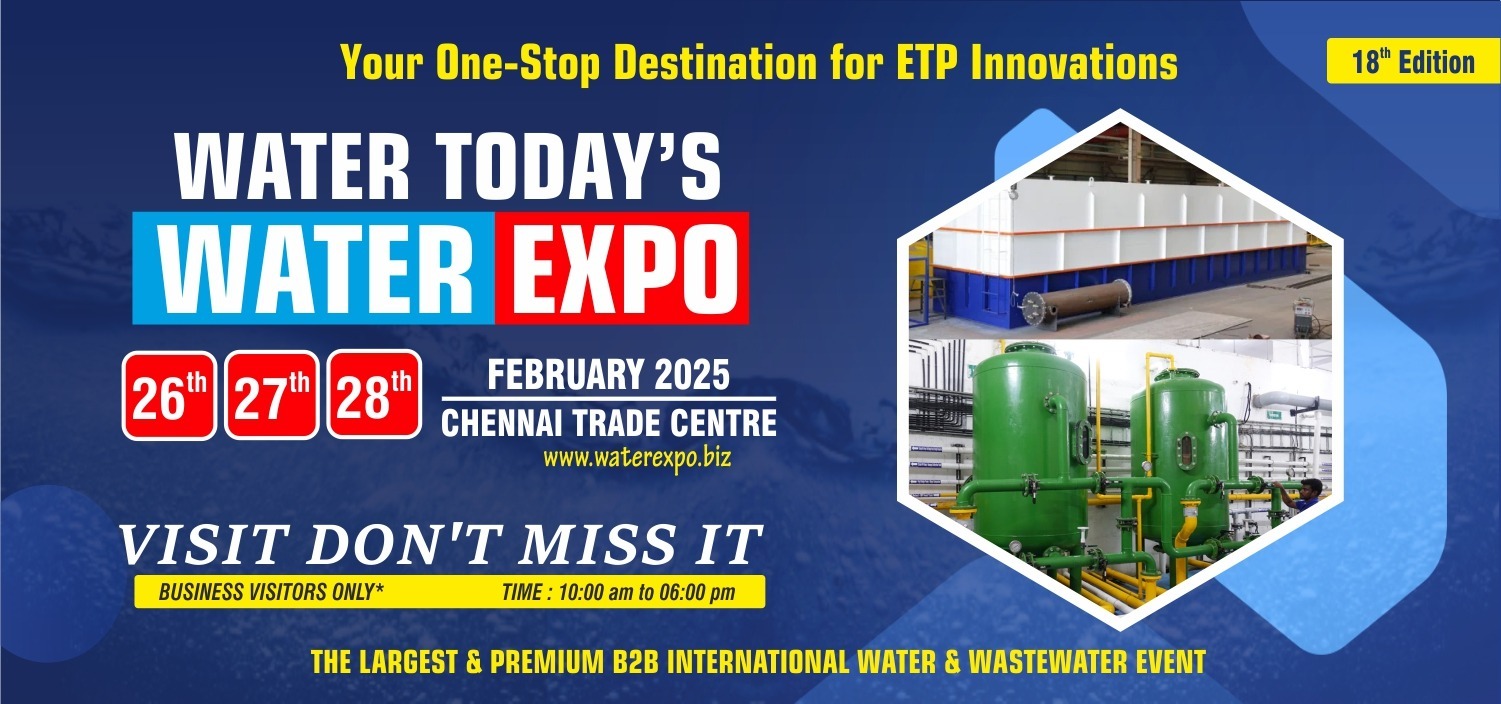In the face of growing water scarcity and stringent environmental regulations, industries and municipalities are turning to advanced technologies to optimize wastewater treatment. Among these, Membrane Bioreactors (MBRs) have emerged as a game-changer, offering unparalleled efficiency and sustainability. This blog delves into the transformative potential of MBR technology and its role in revolutionizing wastewater management.
What Are Membrane Bioreactors?
What Are Membrane Bioreactors?
Membrane Bioreactors combine biological wastewater treatment with membrane filtration in a single, compact system. The process involves two key stages:
- Biological Treatment: Microorganisms break down organic pollutants in the wastewater.
- Membrane Filtration: Semi-permeable membranes separate solids, pathogens, and contaminants from the treated water, resulting in high-quality effluent.t.
Key Advantages of MBR Technology
Key Advantages of MBR Technology
- Superior Effluent Quality: MBRs produce water of exceptional clarity, meeting or exceeding stringent discharge and reuse standards. This makes them ideal for applications such as industrial reuse, irrigation, and even potable water production.
- Space Efficiency: By integrating biological treatment and membrane filtration, MBR systems require a significantly smaller footprint compared to traditional treatment methods.
- Reduced Sludge Generation: The enhanced biological activity within MBR systems minimizes the volume of excess sludge, reducing disposal costs and environmental impact.
- Scalability and Flexibility: MBRs can be easily scaled to meet the demands of varying capacities, making them suitable for small municipalities, large cities, and diverse industrial sectors.
- Enhanced Automation: Advanced control systems and sensors enable real-time monitoring and automation, reducing manual intervention and operational costs.
Applications of MBR Technology
Applications of MBR Technology
- Municipal Wastewater Treatment: Many cities adopt MBR systems to meet growing population demands and comply with stringent environmental regulations.
- Industrial Wastewater Treatment: Industries such as pharmaceuticals, textiles, and food processing use MBRs to treat complex effluents and recover water for reuse.
- Decentralized Systems: MBRs are ideal for decentralized wastewater treatment in remote areas, resorts, and construction sites where space and infrastructure are limited.
- Water Reclamation and Reuse: The high-quality effluent produced by MBRs makes them an excellent choice for water recycling projects in water-scarce regions.
Challenges and Innovations
Challenges and Innovations
Despite their advantages, MBRs face certain challenges, such as:
- High Initial Costs: Advanced membranes and equipment can be expensive, though the long-term benefits often outweigh the upfront investment.
- Membrane Fouling: Accumulation of contaminants on the membrane surface can reduce efficiency. However, ongoing innovations like self-cleaning membranes and anti-fouling coatings are addressing this issue.
- Energy Consumption: MBRs require more energy than conventional systems, but advancements in energy-efficient designs are making them increasingly sustainable.
The Future of MBR Technology
The Future of MBR Technology
As the global focus on water sustainability grows, MBR technology is poised for significant advancements. Emerging trends include:
- AI Integration: Smart systems for predictive maintenance and process optimization.
- Hybrid Systems: Combining MBRs with technologies like anaerobic digestion for greater efficiency.
- Cost-Effective Materials: Development of durable, affordable membranes to reduce costs.
Conclusion
Conclusion
Membrane Bioreactors are at the forefront of wastewater treatment innovation, offering a sustainable and efficient solution to modern water challenges. By enabling high-quality effluent production, reducing space requirements, and supporting water reuse, MBRs are transforming how we think about wastewater management.
We are excited to highlight the potential of MBR technology at the 18th Water Today’s Water Expo 2025 - Chennai, from 26 – 28 Feb 2025 where industry leaders, innovators, and professionals will come together to explore the future of water sustainability. Join us to learn more about the advancements shaping the next generation of wastewater treatment.


